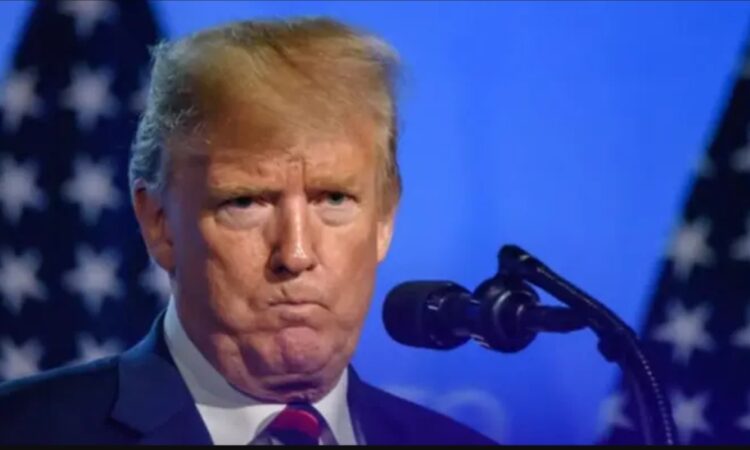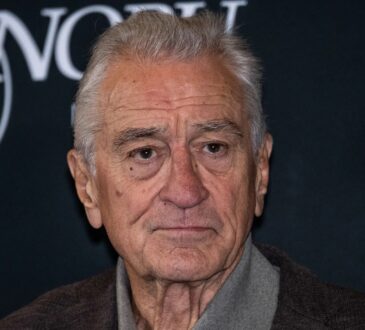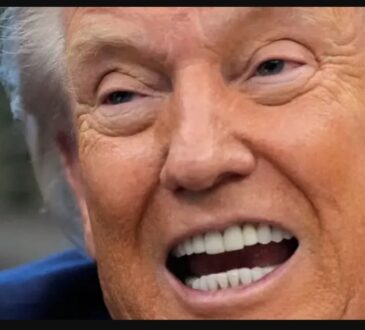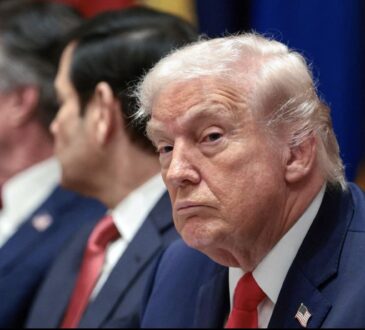
One year ago, Kamala Harris walked onto the debate stage in Philadelphia and faced Donald Trump head-on. She greeted him calmly, but over the next ninety minutes she showed the nation the sharp contrast between the two candidates. Harris was composed, well-prepared, and had a strong command of both domestic and foreign issues. She laid out her vision for the future while also reminding people of her long record of upholding the law. Trump, by contrast, carried the weight of being a convicted felon and a man who had spent years bending and breaking rules.
Harris predicted how the debate would unfold before it even started. She warned that Trump would lean on the “same old playbook” of lies, grievances, and name-calling. That is exactly what happened. On abortion, she firmly defended a woman’s right to choose, while Trump stumbled and contradicted himself. He claimed he didn’t support an abortion ban but quickly shifted the blame to the states. Then, in a bizarre moment, he said he had been “a leader on fertilization,” leaving both Harris and the audience baffled. Her silent stare at the camera said more than words ever could: even she couldn’t figure out what he meant.
Throughout the debate, Harris dismantled Trump’s arguments with facts and poise. She set traps with her sharp responses and let Trump fall into them. Time after time, he flailed, digging himself deeper, while Harris coolly reeled him in. At one point, he launched into a rambling tangent about people eating dogs and cats, a comment that only highlighted how scattered he had become.
Harris also forced Trump to confront the racist comments he had made earlier questioning her identity as a Black woman. Trump tried to dodge by saying, “That’s up to her,” a dismissive remark that reeked of condescension. Harris again turned to the camera, letting the audience see for themselves who was making sense and who wasn’t.
By the end of the night, Trump looked battered. Harris had not only beaten him in a policy debate but also shown the country she had the strength and confidence to stand up to authoritarian bullies. The performance was so decisive that Trump refused to participate in a second debate, even when offered a favorable platform on Fox News. His excuse was simple: there would be “no rematch.”
That anniversary is even more striking given what happened in Europe on the same day this year. Russia violated Polish airspace with a large wave of drones, and Polish and NATO forces were forced to shoot many of them down. This marked the first time in NATO’s history that alliance forces engaged enemy targets inside allied territory. Poland quickly invoked Article 4 of the NATO treaty, which calls for consultation among allies when any member feels threatened. While this does not trigger military action under Article 5, it shows just how serious the situation has become.
The contrast with Trump is stark. When asked about Russia’s violation, all he offered on social media was a vague, “Here we go!”—hardly the response of a serious leader. Harris, on the other hand, had already warned during the debate that Putin had his eyes on Poland if Ukraine fell. She directly challenged Trump to tell Polish Americans how quickly he would cave to Putin, a dictator she said would “eat you for lunch.” Her understanding of the stakes, rooted in careful study of national security briefings, was clear for everyone to see.
Trump has long promised that he would end the war in Ukraine on his first day back in office. But critics note this isn’t because he has a plan for peace—it’s because he has shown again and again that he is willing to give Putin what he wants. Just weeks ago, he treated Putin with deference even on American soil, confirming the fears Harris voiced in the debate.
And this pattern is nothing new. Back in 2016, Hillary Clinton also called out Trump’s cozy relationship with Putin, famously telling him he would rather be a puppet of Russia than president of the United States. At the time, some dismissed it as sharp rhetoric, but events since then have proved her right. Both Clinton and Harris saw Trump for what he was, and both warned the nation about the risks of giving him power.
Looking back, the debate one year ago wasn’t just a win for Harris. It was a warning about the dangers of Trump’s worldview. Harris showed strength, intelligence, and readiness to lead in a dangerous world, while Trump stumbled through contradictions and bizarre statements. Today, with global threats intensifying, those differences matter more than ever.




